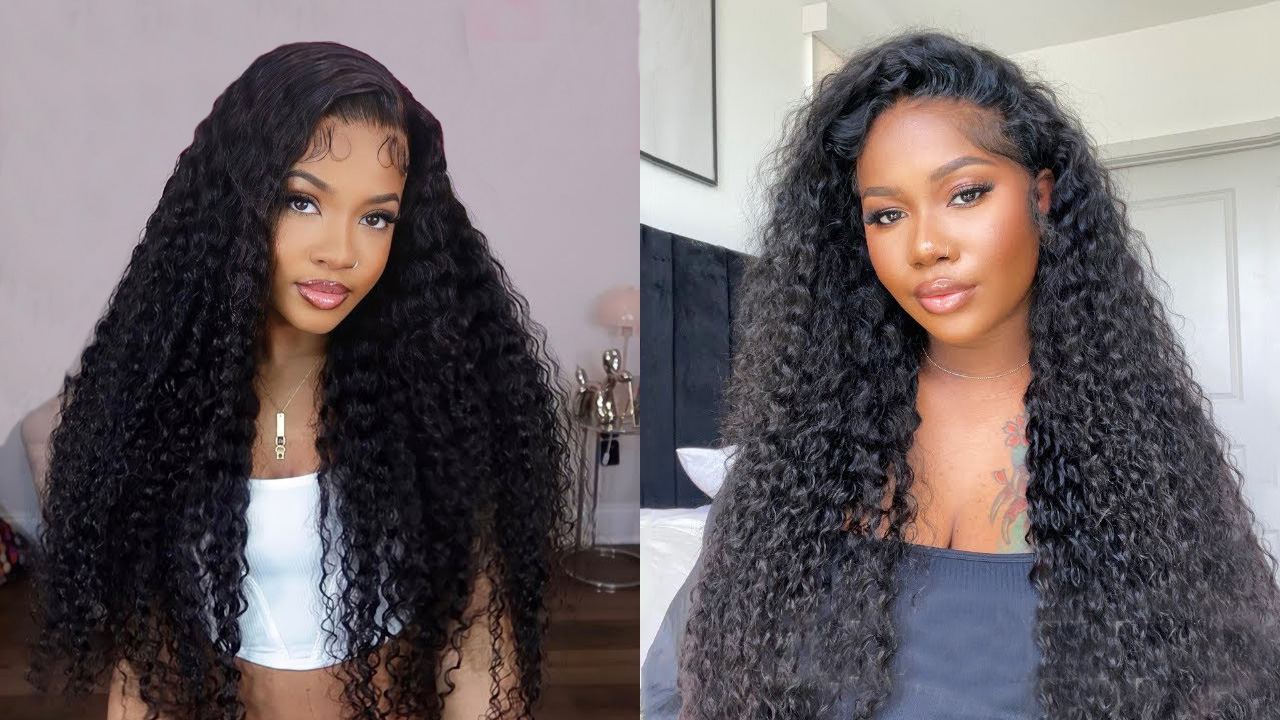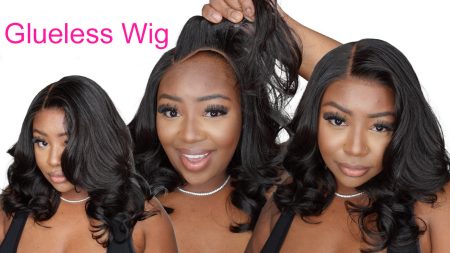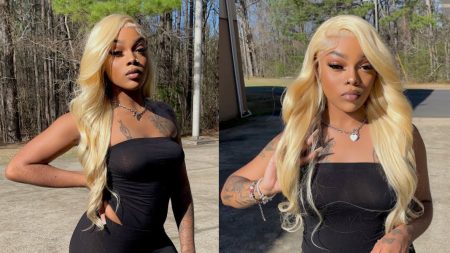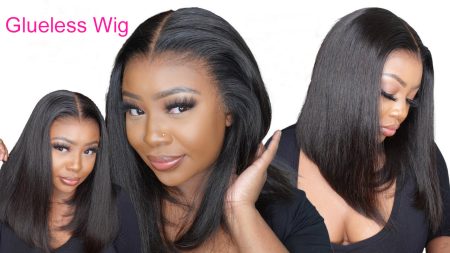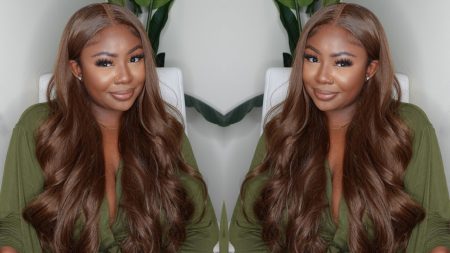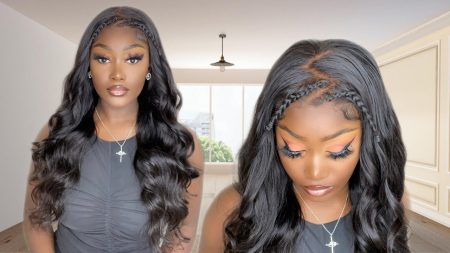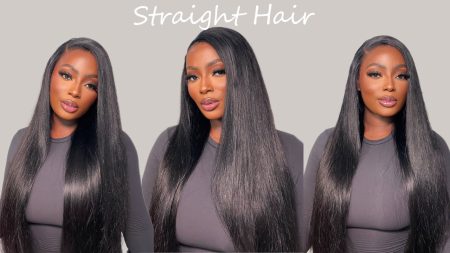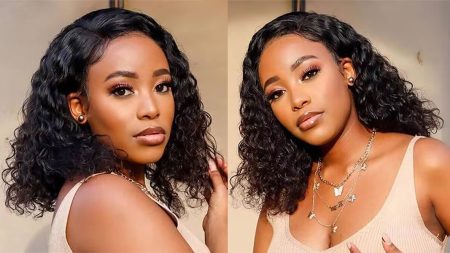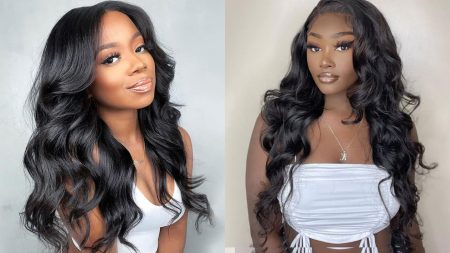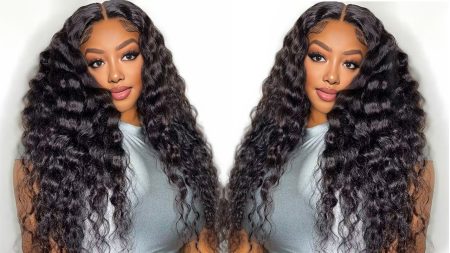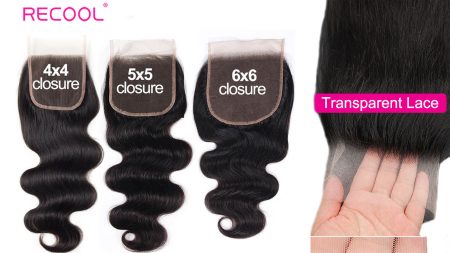Choosing the right hair texture for extensions/wigs can be a daunting task, given the plethora of options available in the market. Among the popular choices, deep wave and water wave hair extensions/wigs stand out for their beautiful, wavy patterns. In this article, we’ll explore the key differences between deep wave and water wave hair extensions/wigs to help you make an informed decision and achieve the perfect look that suits your style and preferences.
1. Hair textures.
1.1 The importance of texture.
Hair texture plays a pivotal role in shaping our overall appearance and style. The right texture can enhance our natural beauty, complement our features, and express our unique personalities. When it comes to hair extensions, choosing the right texture is essential to achieving the desired look.
1.2 The appeal of waves.
Wavy hair textures have always been in vogue. Their timeless elegance and versatility make them a favorite choice among those seeking to add volume, dimension, and a touch of glamour to their locks. Two prominent wavy textures, deep wave and water wave hair extensions, have distinct characteristics that cater to different preferences.
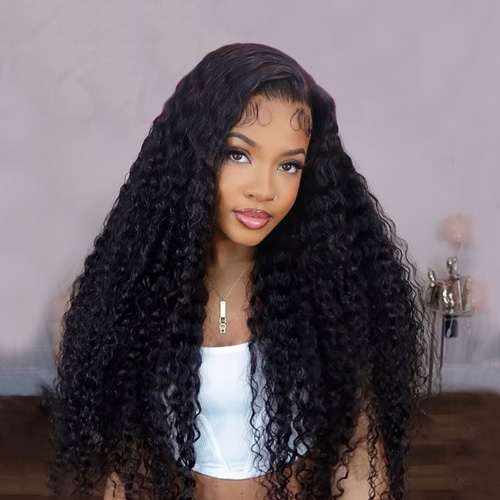
2. Deep wave hair texture.
2.1 What are deep wave hair texture?
Deep wave hair texture are known for their tight, well-defined curls. These curls resemble the ripples created when you throw a stone into a pond, creating a stunning, textured look. Deep wave extensions offer a more dramatic and structured appearance compared to other styles.
2.2 Key features of deep wave hair.
Deep wave extensions are characterized by their deep, uniform waves that flow smoothly from root to tip. The curls are typically tight and have a uniform pattern, creating a voluminous and captivating look. The deep waves give off a classic, sophisticated vibe, making them suitable for various occasions.
2.3 Styling deep wave hair.
Styling deep wave hair extensions is a breeze, as they hold curls exceptionally well. You can use a curling iron or wand to enhance the curls or create a more relaxed wavy look. Additionally, deep wave hair extensions look stunning when straightened, offering versatility in styling options.
2.4 Maintenance tips for deep wave hair.
To ensure your deep wave hair extensions maintain their beautiful curls, proper care is essential. Regular detangling, gentle washing, and avoiding excessive heat are key to preserving the integrity of your extensions.
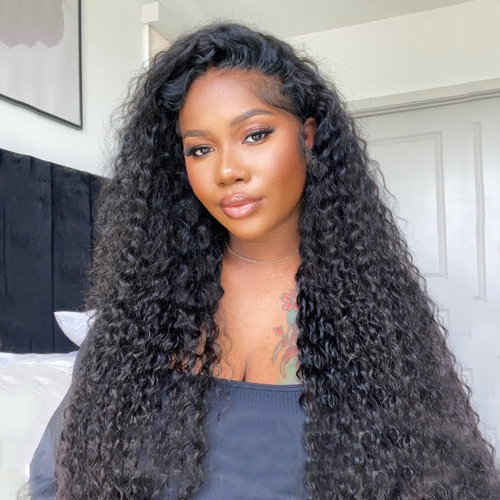
3. Water wave hair texture.
3.1 What are water wave hair texture?
Water wave hair texture are the epitome of natural, effortless beauty. These extensions mimic the soft, loose waves you might get from a refreshing swim in the ocean, hence the name “water wave.” Water wave hair offers a relaxed, carefree appearance.
3.2 Characteristics of water wave hair.
Water wave extensions feature waves that are less structured and more irregular compared to deep wave hair. They have a softer, more natural appearance, making them ideal for achieving a laid-back, bohemian look. Water wave hair extensions often have a more substantial volume near the roots, gradually tapering into loose waves towards the ends.
3.3 Styling water wave hair.
Water wave hair extensions are versatile when it comes to styling. You can enhance the waves with a light mousse for a beachy look or use a diffuser to maintain their natural texture. Straightening is also an option for those who want to switch things up.
3.4 Maintenance tips for water wave hair.
Taking proper care of your water wave hair extensions is essential to ensure they stay fresh and beautiful. Regular conditioning, detangling, and minimal heat exposure are crucial steps in maintaining the waves’ integrity and texture.
4. Comparing deep wave and water wave hair extensions/wigs.
4.1 Texture and curl pattern.
The most significant difference between deep wave and water wave hair extensions lies in their texture and curl pattern. Deep wave extensions feature tight, uniform curls, while water wave extensions offer loose, natural waves.
4.2 Volume and fullness.
Deep wave hair extensions tend to provide a more voluminous look closer to the roots due to their tighter curls, whereas water wave hair extensions have a fuller appearance throughout their length.
4.3 Styling versatility.
Both styles offer a fair amount of styling versatility. Deep wave hair can be straightened or curled further for a more tailored look, while water wave hair can be enhanced with styling products or maintained for a relaxed vibe.
4.4 Maintenance and longevity.
In terms of maintenance, both styles require similar care routines to preserve their texture and quality. However, deep wave hair may require slightly more attention due to its tighter curls. Both styles can last for a considerable amount of time with proper care.
4.5 Budget considerations.
Budget is a crucial factor when choosing between deep wave and water wave hair extensions. Generally, deep wave extensions may be slightly more expensive due to their intricate curl pattern and styling possibilities. Water wave hair extensions offer a more budget-friendly option without compromising on style.
5. Choosing the right hair texture: Deep wave or water wave?
5.1 Considering your hair type.
The choice between deep wave and water wave hair extensions/wigs often depends on your natural hair type. If your hair naturally has tighter curls, deep wave extensions/wigs may blend more seamlessly. On the other hand, if your hair is naturally wavy or straight, water wave extensions can provide a more effortless look.
5.2 Lifestyle and activity level.
Consider your lifestyle when selecting the perfect hair extension/wigs. Deep wave extensions/wigs might be ideal for formal events or when you desire a polished appearance. Water wave extensions/wigs, with their relaxed style, are great for everyday wear and casual occasions.
5.3 Personal style and preference.
Ultimately, your personal style and preference should play a significant role in your decision. Do you prefer a more structured and dramatic look (deep wave), or are you drawn to a natural, bohemian style (water wave)?
5.4 Maintenance commitment.
Think about how much time and effort you are willing to invest in maintenance. Deep wave extensions/wigs may require a bit more attention, especially if you want to maintain the tight curl pattern, whereas water wave extensions are relatively low-maintenance.
6. Caring for your hair extensions/wigs.
6.1 General care guidelines.
Proper care is essential to extend the lifespan of your hair extensions/wigs. This chapter will provide detailed guidelines on how to maintain the integrity of your extensions/wigs, ensuring they look fabulous for as long as possible.
6.2 Washing and conditioning.
Learn the best practices for washing and conditioning your hair extensions/wigs to keep them clean and vibrant. We’ll also discuss suitable products for different hair types and textures.
6.3 Styling and heat tools.
Discover how to style your hair extensions/wigs without causing damage, including tips on using heat tools and styling products effectively.
6.4 Storage and preservation.
Proper storage and preservation techniques are essential for keeping your extensions/wigs in top condition. Learn how to store them safely and avoid tangling.
Frequently asked questions (FAQ) about deep wave wigs and water wave wigs.
How do deep wave and water wave wigs differ from each other?
Deep wave wigs have tighter and more structured curls, providing a polished and sophisticated look. Water wave wigs, on the other hand, feature looser, more natural waves that give a relaxed and carefree appearance.
Are these wigs made from natural hair or synthetic materials?
Deep wave and water wave wigs can be made from both natural human hair and synthetic fibers. Natural human hair wigs tend to be more expensive but offer a more realistic look and better styling versatility. Synthetic wigs are more budget-friendly but have limitations in terms of heat styling and longevity.
Can I straighten deep wave and water wave wigs?
Yes, you can straighten both deep wave and water wave wigs temporarily using heat styling tools. However, it’s essential to be cautious when applying heat to synthetic wigs, as excessive heat can damage the fibers.
How do I style deep wave and water wave wigs?
Styling these wigs is relatively easy. For deep wave wigs, you can enhance the curls with a curling iron or straighten them for a different look. Water wave wigs maintain their natural texture but can be enhanced with styling products for a beachy appearance.
Which one offers more styling versatility, deep wave, or water wave wigs?
Deep wave wigs offer more styling versatility in terms of creating different looks. You can choose to keep the defined curls or straighten them for a sleek appearance. Water wave wigs, while versatile, maintain their loose waves even when styled differently.
Do deep wave and water wave wigs require special maintenance?
Both types of wigs require regular care to maintain their texture and quality. General maintenance includes gentle detangling, washing with mild shampoos and conditioners, and avoiding excessive heat exposure. Specific care instructions may vary depending on whether the wig is made from natural hair or synthetic materials.
How long do deep wave and water wave wigs typically last?
The lifespan of these wigs depends on factors such as the quality of the wig, how often it’s worn, and how well it’s maintained. Natural human hair wigs tend to last longer and can potentially be worn for a year or more with proper care. Synthetic wigs typically have a shorter lifespan, ranging from several months to a year.
Can I swim or shower with deep wave and water wave wigs on?
It’s generally not recommended to swim or shower while wearing wigs, as exposure to water can affect the wig’s texture and longevity. However, some wig wearers opt for specially designed swim caps or waterproof wigs for such activities.
Which type of wig is more suitable for formal events, deep wave, or water wave?
Deep wave wigs are often chosen for formal events due to their structured and elegant appearance. They provide a polished and sophisticated look that complements formal attire. Water wave wigs, with their relaxed waves, are better suited for casual or everyday wear.
Follow your heart.
The choice between deep wave and water wave hair extensions ultimately comes down to personal style, preference, and lifestyle. Both styles offer their own unique charm and beauty, allowing you to express yourself in various ways. Remember that the key to stunning hair extensions/wigs is proper care and maintenance, so invest the time and effort to keep them looking their best.



